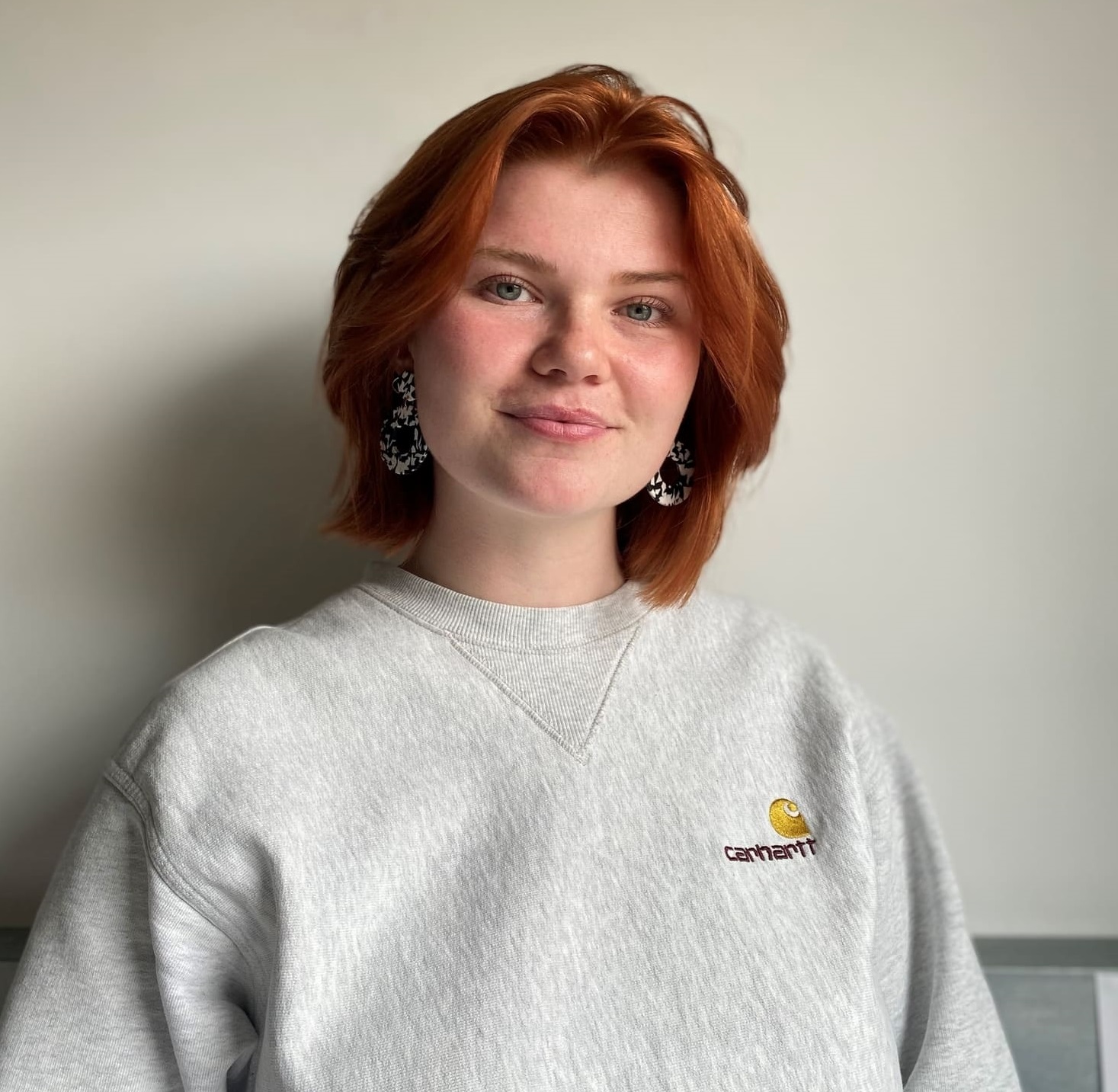How are Thames Reach helping people move on from street homelessness in the City of London?
Thames Reach took over the City of London outreach service in November 2020, and the collaborative work taking place in the square mile is allowing the team to support people sleeping rough in the most effective way possible. We spoke with lead manager Rowan Wyllie about this ongoing work.

How has the City of London outreach been going since Thames Reach took over the service in November 2020? Are there any experiences or outcomes unique to your team?
I think that it has been going really well! It has been exciting to join a team where we can really build the team from the ground up. We are fully recruited with seven members of staff, so now we can look at how best to utilise our resources. It is only a square mile but there is a lot to do!
Something that is unique to the City of London is that it is not an area where many people actually live. The residential population of the city is around 9,000 so it may not necessarily be somewhere that people have lived for a long time or have links to. With this in mind we work hard to support people back to their borough of local connection or set up new foundations in other areas.
We also enjoy many partnerships with external agencies supporting us in our outreach shifts. Weekly we go out with Doctors of the World, RAMHP (mental health assessments provided by the East London Foundation Trust), the Parkguard, Adult Social Care and there is also a new outreach psychotherapist provided by Providence Row. This amount of specialised support has been invaluable in helping people access healthcare quickly and safely, which can often be a barrier in helping them off the streets.
You’ve worked in various teams at Thames Reach before leading the City of London outreach team; does your approach differ at all to elsewhere in the organisation?
I started in Thames Reach working in the Social Impact Bond (SIB) team, working with people in Camden and Islington with complex needs. This gave me a good experience of how we can engage with people with complex needs, providing a personalised service. Especially helping those who may have experienced homelessness for a number of years and have become disenfranchised with services.
Now I am in the City, I am able to see the similarities in the approaches of the previous teams I have worked in and use them to our strengths in developing our outreach team. In the City one of the sections of our cohort are people who have been experiencing long-term street homelessness, who may find it difficult to engage with mainstream services, similar to those in the SIB cohort. We also work with those who may be new to rough sleeping or ‘transient’ through the City, and this element reminds me of some of the prevention work I was involved with in my role in the Greenwich Navigators team, working closely with external agencies to maintain engagement with services in order to access or sustain accommodation.
It is great to be at the start of the City Outreach contract and to think of how we can use not only my experiences of working in other teams, but also drawing on the strengths of the team as a whole and their experience of working in the sector. Everyone has their own background to bring to the team and it has created a very diverse group with a shared determination for the new project, which is very exciting!
Which other teams in Thames Reach are you working closely with to help people leave the streets?
It has been really helpful for the team and especially new members of staff to be around other Thames Reach outreach teams in our new office to discuss ideas and approaches. With the transient nature of people in City who may have come from other boroughs, it’s really helpful to be based in a hub of other outreach services. Even though we may be supporting someone who has crossed over to another borough, team members from those boroughs may be sitting next to one another – which can make communication much easier!
With the current need to support those who are housed in emergency accommodation, we have been doing a lot of work helping people gain employment if they are not eligible for benefits in the UK. Luckily, the Employment Academy have been supporting us greatly with these cases and we are now seeing more people we work with access employment, now that lockdown is easing, and businesses are recruiting.
As a new service to Thames Reach we are establishing links and pathways for clients to make the most of the other teams in the organisation. We are looking to actively refer people to the Private Sector Lettings team so those who are ready can access housing in the privately rented sector. With general tenancy sustainment support needed as well to make sure that the housing solutions we create are long-term, we will be also referring to the TST PRS [Private Rental Sector] teams at Thames Reach to make sure that people we work with remain supported through moving on, which is a big change to adapt to.
How do you see the service developing, and what are you looking forward to?
Despite the workload that goes in to setting up a new service, I enjoy the early stages of a project! The process of getting a team together, setting goals, and thinking about what works well and what may need some change is a welcomed challenge. Now we have the team recruited and targets set, it is now time to keep focused and moving forward.
I’m looking forward to the next few months and supporting everyone who has come in under ‘Everyone In’ and SWEP (Severe Weather Emergency Protocol) over winter and helping support them into longer-term accommodation with appropriate support. I am also looking forward to the challenge of working to reduce the amount of long-term rough sleepers in City as a whole. We have had some really positive outcomes this year so far in this area. I definitely recognise and appreciate all of the hard work from various teams and professionals that came before us. This has led up to the point of people with complex needs finally accessing accommodation. I am hoping to continue with this progress and see more of the positive changes in the City cohort as a whole.
In terms of development, it seems like the City team keeps growing! We will be providing in-reach support with two dedicated support workers who will be based at the hotels where our emergency accommodation is. With more members of staff, we have more dedicated time with each individual, and therefore provide intensive support that may not always be possible for outreach services.
In our monthly street counts we have been seeing reductions in the number of people sleeping rough, so I am hoping that we will be ready to face the challenge. I am positive that we seem to be going in the right direction overall.

